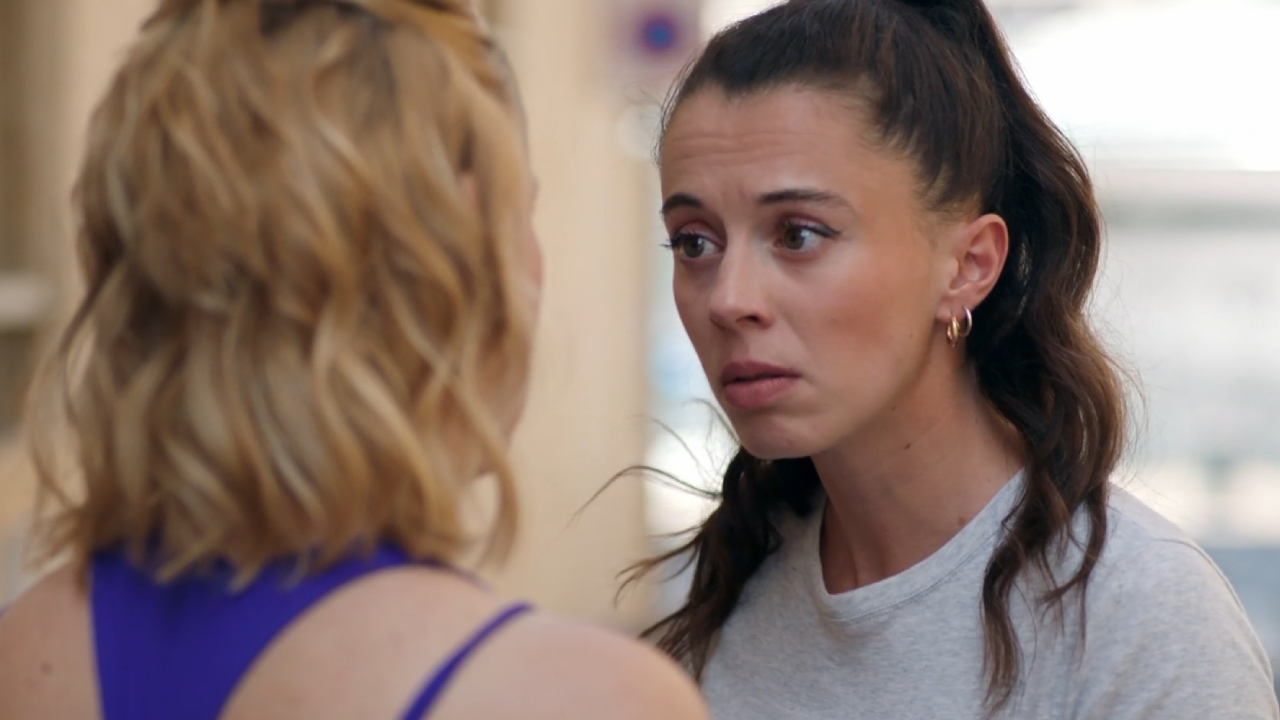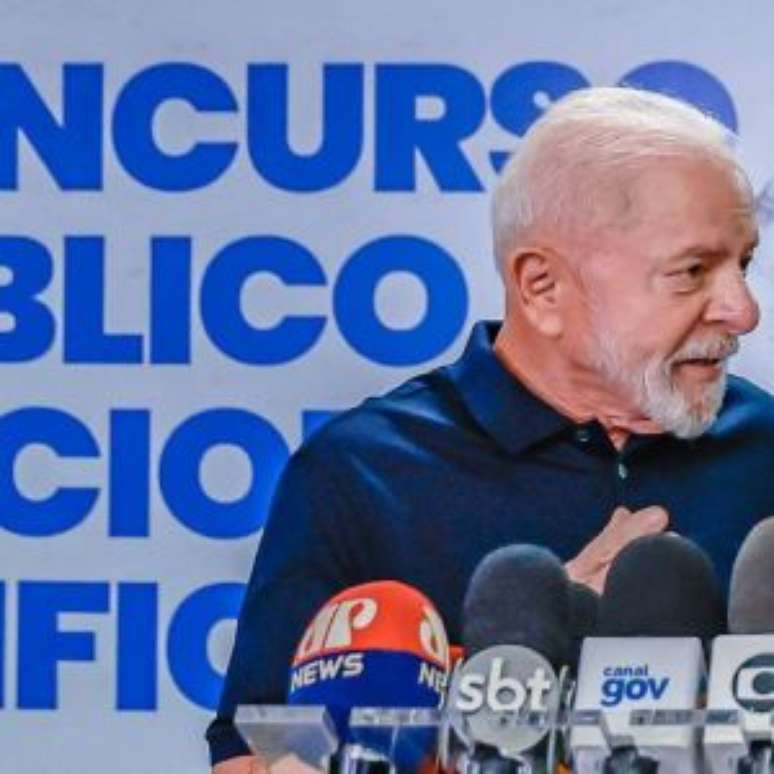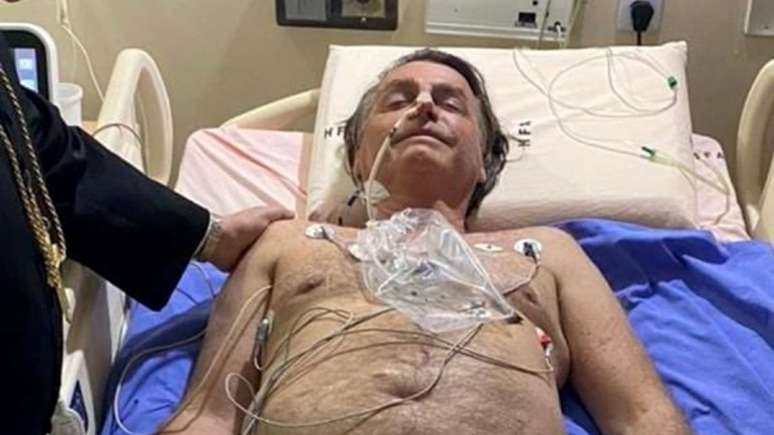As the 2022 World Cup kicks off, football reminds us of its cultural strength and how it helps tell stories of our time

It was supposed to be the day when Harry Kane, the captain of the England team, would challenge the almighty FIFA and make history. Although he had been disqualified by the highest football authority, the English forward would have taken the field, in the England-Iran match, with the armband with the design of a heart in the colors of the rainbow and the writing “One Love”. The idea was to raise awareness across the world of the importance of inclusion and diversity (and make fun of the Qatari regime that classifies same-sex relationships as a crime). But Kane has been warned that the protest could earn him a yellow card from the start. The attacker then had second thoughts and decided to wear another armband. This time with the words No Discrimination.
It was the turn of Alex Scott, former England women’s national team athlete and current football commentator for the BBC Sports television channel, to use the accessory to support the LGBTQIAP+ community in the stadium where the match took place this November 21st. Alex participated in the broadcast with the prohibited armband, challenging Fifa’s determination.
But even before the match started, the loudest protest came in the form of silence. Iranian players have refused to sing their country’s anthem. Seeing those athletes, who one day dreamed of defending their country’s colors, with an expression of concentration and, at the same time, sadness is a scene that will surely mark the history of the Qatar Cup.
The plot of this story began to be written on the eve of the match by team captain Ehsan Hajsafi. The left-back, who plays for AEK Athens in Greece, told a press conference that he would be happy for his team to serve as a force for change in his country. “We have to accept that conditions in our country are not right and our people are not happy,” he said. “Whatever we get is theirs. We have to fight. We have to play and score some goals for the brave people of Iran,” said the player as his country faces one of the most critical periods since the Islamic Revolution in 1979.
According to the NGO Iran Human Rights, since September 16, when protests broke out against the death of Mahsa Amini, the young 22-year-old woman arrested by the country’s morality police for allegedly failing to cover her head, the Iranian security forces have killed 380 people. people. Many victims are young people who took to the streets because they no longer wanted to live under the iron grip of a theocracy that limited individual rights and freedoms, especially for women.
The protests, initially led by Iranian women, have gained the support of men. At first, they watched and applauded the young women as they whirled their veils in the wind through the village streets. However, later, the men joined them in shouting “death to the dictator,” referring to Ayatollah Ali Khamenei, the Supreme Leader of Iran. As the protests intensified, so did the repression.
In addition to the deaths, the United Nations (UN) estimates that there are 15,000 people in prisons in Iran, including men, women and children, including students, human rights defenders, lawyers, journalists, civil society activists and prominent artists such as actresses and directors.
There are also frequent reports of young people who have lost their eyesight being hit in the eye, at close range, by rubber bullets. Blinding teenagers who have just reached adulthood appears to be a hallmark of police cruelty. According to the New York Times, the ophthalmology wards of Iranian hospitals have been occupied by hundreds of victims who still run the risk of being denied medical treatment or arrested by undercover police when they seek help.
From the current scenario it is not difficult to estimate how much pain there was behind those faces of players profiled on the field in silence. Even with many of them playing in European teams, it is not possible to dissociate them from the suffering that the Iranian people go through.
How many witnesses, for example, of the daily violence committed by the state against women in the family? How many know stories of recent victims of the Ayatollahs’ regime? By remaining silent, Iranian players have amplified, in the eyes of the world, that things are not going well in their country.
In their first cup match, the team lost to the English 6-2. Neither goal was celebrated by the players either. But the score alone doesn’t tell the story of the match. The match that will remain in the memory speaks of a group of brave men with much more to lose than a yellow card, especially the athletes who have to return to Iran after the Cup. However, this group has chosen to stand in solidarity with the pain of women and men living in their country.
🇧🇷The best content in your email for free. Choose your favorite Terra newsletter. Click here!
Source: Terra
Camila Luna is a writer at Gossipify, where she covers the latest movies and television series. With a passion for all things entertainment, Camila brings her unique perspective to her writing and offers readers an inside look at the industry. Camila is a graduate from the University of California, Los Angeles (UCLA) with a degree in English and is also a avid movie watcher.



![Tomorrow we belong to: What are you waiting for on Tuesday, September 16, in the episode of 2032 [SPOILERS] Tomorrow we belong to: What are you waiting for on Tuesday, September 16, in the episode of 2032 [SPOILERS]](https://fr.web.img6.acsta.net/img/2f/90/2f907e122b108efa6424df9a0638622d.jpg)


